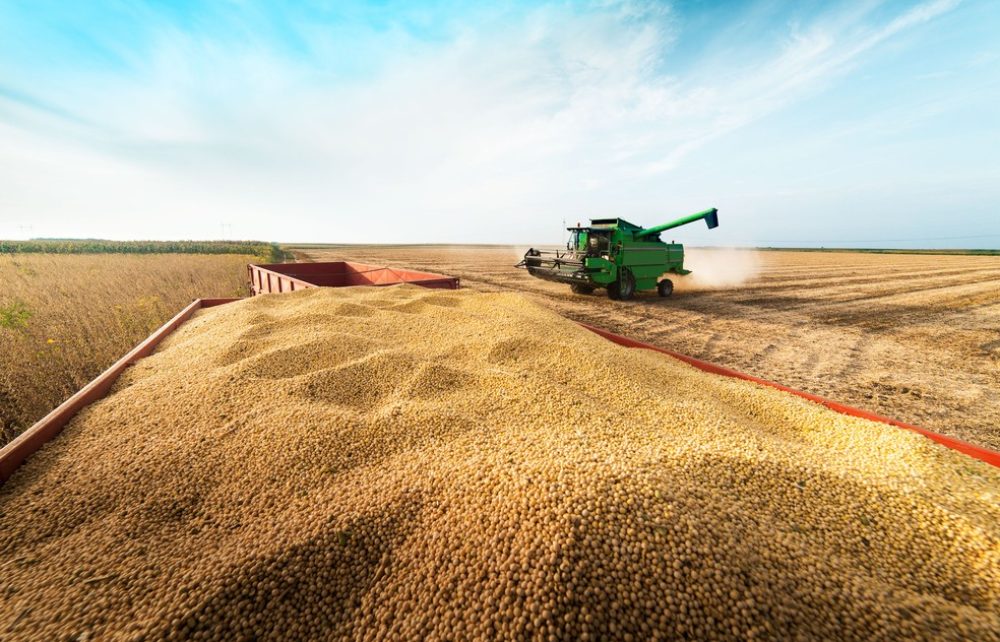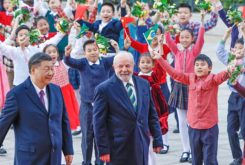Agricultural exports have risen in the last two decades to become half of Brazil’s total exports to China, but there is still much room for growth and also for cooperation between the two countries, according to a new study by specialists from both countries.
Authored by Marcos S. Jank, Pei Guo and Silvia de Miranda, the study “China-Brazil Partnership on Agriculture and Food Security” will be launched on June 3 by the Luiz de Queiróz School of Agriculture (Esalq-USP) and China Agricultural University (CAU), through a virtual debate.
The study traces the “profound transformations” of Brazil and China trade since 2000, when the explosive demand for animal protein (meat, fish and dairy products) from the emerging Chinese middle class met with the immense Brazilian supply of soy, a plant the main source of protein in animal feed.
From 2000 to 2020, the Brazilian agribusiness sector saw imports from China jumping from 2% to 35% of its total, turning the Asian giant into its main global customer. Today, Brazil ranks first in Chinese imports of soy, cellulose, sugar, cotton and beef and poultry.
The study highlight that much can still be done to expand agribusiness trade in both directions, increasing volumes and diversifying and differentiating the products sold.
At t he same time, it adds, there are opportunities for greater cooperation between the two countries in areas such as investments, infrastructure, sustainability, science and innovation. China could benefit from knowledge about Brazilian tropical technology in agriculture and bioenergy, mainly in fuel ethanol, while Brazil could connect to China’s digital, drone and e-commerce revolution, the study adds. Brazil lacks capital and investments in agriculture and improvements in infrastructure to support the sector.
Both countries face major challenges in terms of sustainability: Brazil, on issues related to illegal deforestation, biodiversity and land use; China, on issues such as lack of water, soil degradation, air pollution and misuse of pesticides.
Additionally, according to the study, the animal protein chains of the two countries could be more integrated, with the construction of a solid long-term strategic partnership in the sector.




